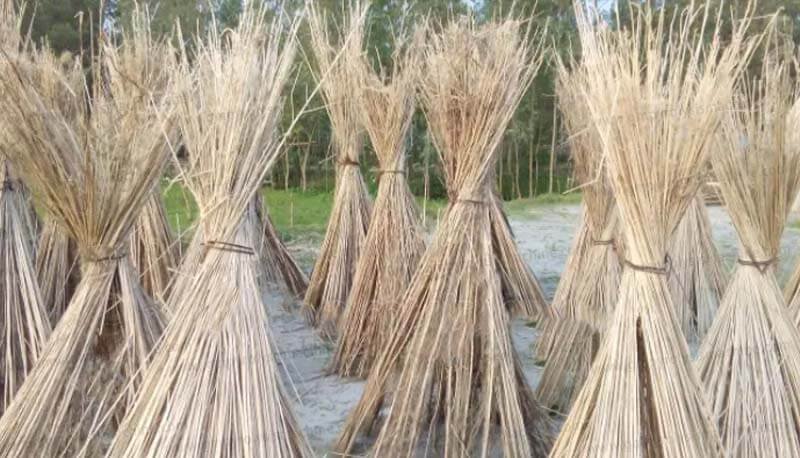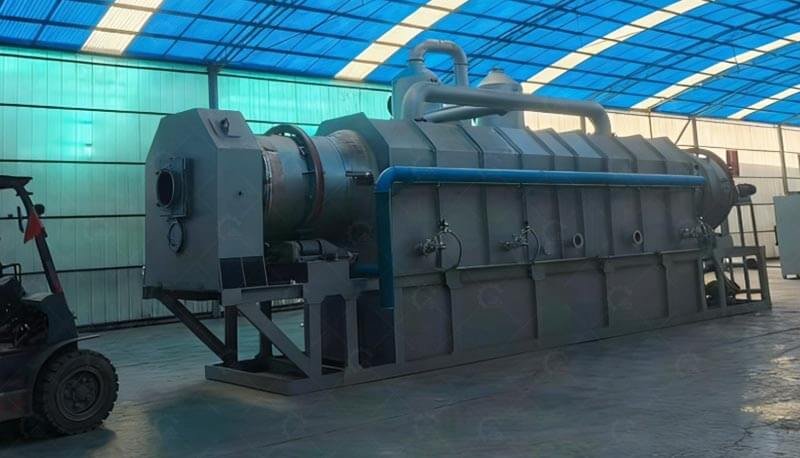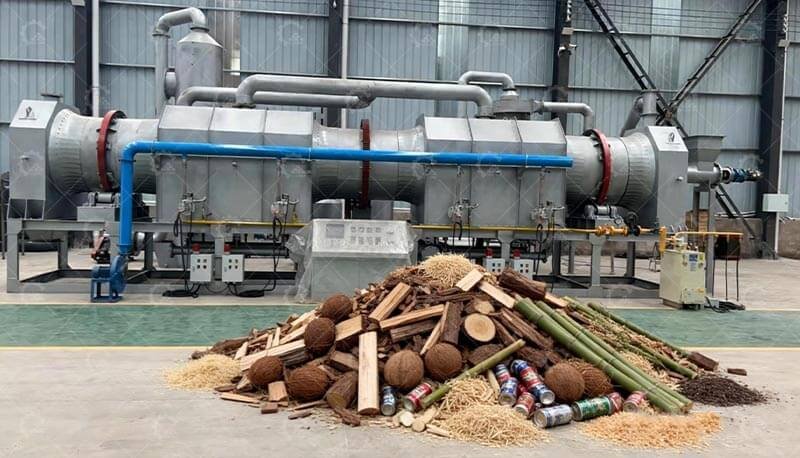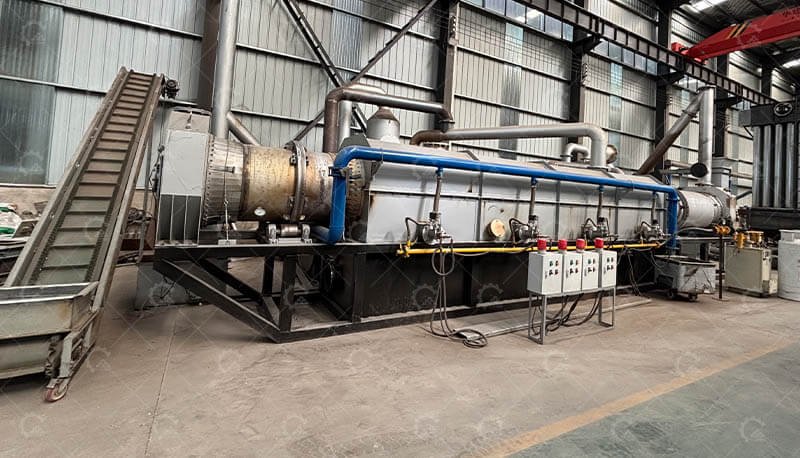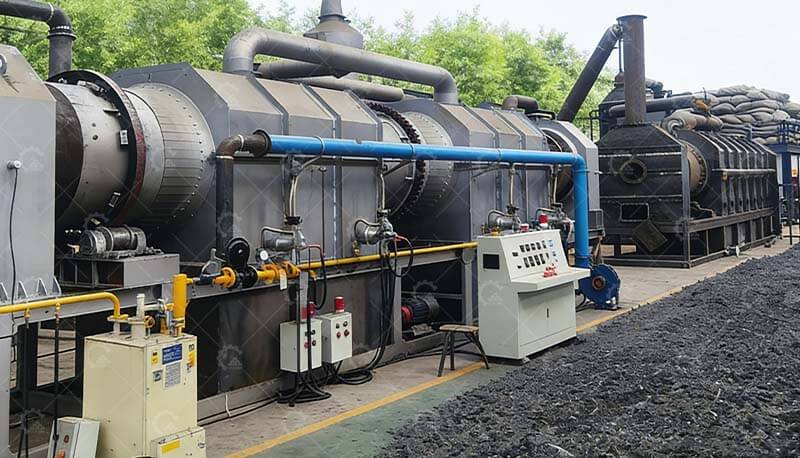Starting a jute stick charcoal business offers a unique opportunity to tap into the growing global demand for sustainable fuel alternatives. As industries and households shift toward eco-friendly energy sources, jute stick charcoal—a byproduct of jute farming—has emerged as a cost-effective, renewable solution.
Step 1: Research Market Demand & Export Regulations
Before investing in jute stick charcoal production, analyze global demand trends. Key markets include the Middle East (for shisha charcoal), Europe (for eco-briquettes), and Southeast Asia (for industrial fuel).
Step 2: Source Quality Raw Materials
Jute sticks, the fibrous stalks left after jute fiber extraction, are your primary raw material. Focus on regions with high jute cultivation, like Bangladesh, India, or Myanmar. Build relationships with jute farmers or cooperatives to secure a steady supply.
Pro Tip: Opt for sun-dried jute sticks—they have lower moisture content (below 15%), reducing carbonization time and improving charcoal quality.
Step 3: Set Up Efficient Production
The jute stick charcoal production process involves carbonization (heating biomass in limited oxygen). Invest in modern carbonization machine, which are 30–40% more efficient than traditional earth pits. Key steps:
1. Shredding: Cut jute sticks into 2–3 cm pieces for uniform burning.
2. Carbonization: Heat at 400–600°C for 6–8 hours.
3. Cooling & Packaging: Use moisture-resistant bags for export.
Step 4: Obtain Certifications for Credibility
Certifications are critical for winning international buyers. Prioritize:
FSC Certification: Proves sustainable sourcing.
ISO 9001: Ensures quality management.
EN 1860-2 Compliance: Mandatory for EU-bound shipments.
Step 5: Develop an Export Strategy
Target buyers through B2B platforms, attend trade fairs, or collaborate with green energy distributors. Highlight these selling points:
Sustainability: Jute charcoal is carbon-neutral and waste-reducing.
High Calorific Value: Burns longer than wood charcoal (7,000–8,000 kcal/kg).
Cost-Effective: 20–30% cheaper than hardwood charcoal.
Why Jute Stick Charcoal? Key Benefits for Exporters
1. Low Competition: Few exporters specialize in this niche.
2. Government Incentives: Countries like Bangladesh offer tax breaks for jute-based exports.
3. Eco-Conscious Trend: Aligns with global ESG (Environmental, Social, Governance) goals.
FAQ Section
Q: What’s the profit margin in jute stick charcoal business?
A: Exporters typically earn 25–35% margins due to low production costs and premium pricing for certified products.
Q: How long does jute charcoal take to produce?
A: A full cycle (carbonization to packaging) takes 7–10 days.
By following these steps, entrepreneurs can build a scalable jute stick charcoal business that meets international standards and capitalizes on the $5 billion global charcoal market. Prioritize sustainability, compliance, and strategic marketing to stand out in this green energy niche.

